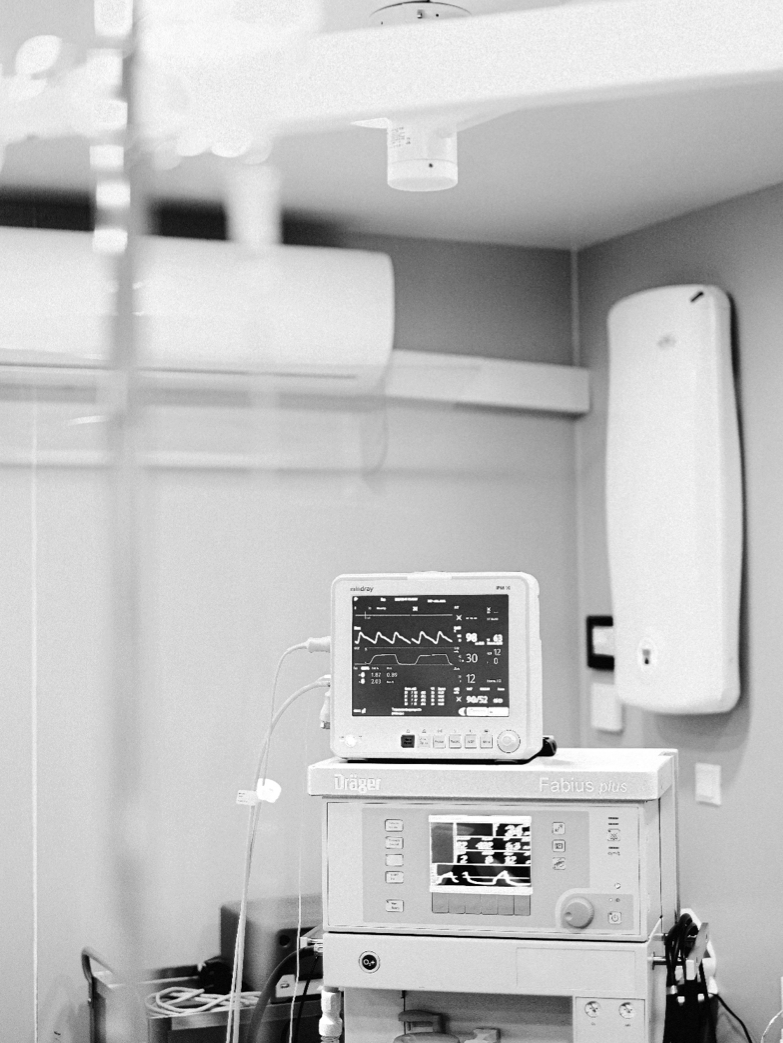Buffalo chicken dip provides healing power
Buffalo Chicken Dip

By: Shivali Shukla
I wiggled my cold toes, hanging off the edge of the stepdown ICU bed that unseasonably warm December morning. Falling in and out of consciousness with nurses hustling in and out of my room trying to cure me, I felt my perturbation at being there increasing with every vigilant moment. Laying there, I hyper-fixated on my desire to go home. I loathed being there. I knew the drill – knew there wasn’t a cure, let alone an answer. I knew I would eventually be discharged with papers simply instructing me to return if things worsened.
Nurse Chuckles, as I’ve denominated her, ambled into my room. “You’re awake! Can I get you anything,” she asked with a smile.
As I declined and followed up with a query about my discharge, her smile wavered. “I’ll get someone in here who can answer that better for you,” she responded without eye contact, fiddling with the saline bag floating above my left shoulder. I thanked her dejectedly. I knew what that meant. She didn’t know, and it would likely be hours before anyone did. This was a waiting game, played many a time by yours truly.
Nurse Chuckles came in several times over the next few hours. She brought in cups of ice chips, tossed cafeteria menus my way once it was permissible for me to eat, and even shared personal anecdotes about her sister, her weekend, whatever seemed to come to her mind to keep me distracted. I rejected every thoughtful pitch she continued to launch at me, striking out every chance I got, for I still had only one thought in mind: getting out of there.
It was pathetic, looking back. There I lay, backed by so many people in my corner trying to help me despite having no way of fixing my broken body, and all I could think about was being back in the secure solitude of my bedroom. As I continued to spend each subsequent waking hour of that day throwing myself a morose little pity party, the charge nurse eventually sauntered in carrying a plate full of tortilla chips and homemade buffalo chicken dip from a staff potluck.
“I stole this for you. Please try it,” he said as he laid the paper plate on my bedside table. He left the room without another word, and, seeing no way to reject this particular pitch, I sat up in bed to eat my pilfered snack.
And that was the moment I felt better.
It’s been almost two years of constant illnesses, blood draws, CT scans, and scope procedures being performed on me and it’s the same story every time: “The results were negative, go get this test done, I am going to refer you to see X physician.” My frustration, along with mounting distrust in my personal psyche, increases with every reminder of my body’s elusive new ways of betraying me.
The first doctor I ever saw when all of this began gave up on me after two unsuccessful treatments and suggested I find someone else. Another chalked my extant ulcer symptoms up to anxiety and sent me on my way with a script for alprazolam. A third practitioner disregarded my request for a culture and left me to struggle with a worsening and rampant infection that was unbeknownst to me for an additional two months.
But then there’s my urologist, who has never failed to inquire about my hobbies, what I’m learning in class or how I am managing the day-to-day. There’s my GI doc, who tells me stories of his own health calamities throughout his time in medical school and how he was thrust into learning the value of taking care of himself. There’s Nurse Chuckles, who put up with my juvenile defiance and refused to give up on me. And then there’s the charge nurse who fed me chips and dip at what was perhaps my most hopeless point in this journey.
Looking back, it’s the refusal to quit that has always been a source of comfort to me; it’s the mutual understanding that there are no answers, and there might never be, but this journey is not finished; it’s the reciprocal realization that the process of “fixing” me consists of much more than negative diagnostic tests and failed therapies. And it’s the shared cognizance of confusion and impotence mixed with perseverance and empathy that allow me to persist in my unwavering identities as both present patient and future provider.
My experiences have led me to believe that there are two types of clinicians: those who necessitate the belief that science is supposed to fix, and those who take solace in the healing limitations of medicinal practice. Perhaps there might exist a gray area – maybe it’s dynamic, ever-changing as time, experience, and perspective continue to evolve for each of us – but through all of this, I have come to appreciate the nuances of medicine as both a tool and a limitation. It is the patient-provider experience that seems to pervade above all else, and that in itself may be the blueprint for repairing a smattering of the concealed, splintered pieces of each of us.
Most importantly, however, I now recognize the healing power of a good buffalo chicken dip. Please email me if you have a recipe.
Shivali Shukla is an M2 at UICOMR
sshukl5@uic.edu